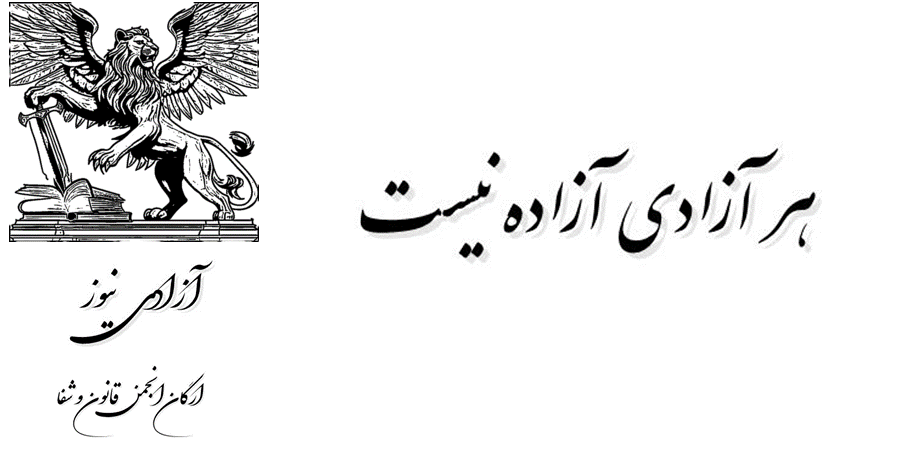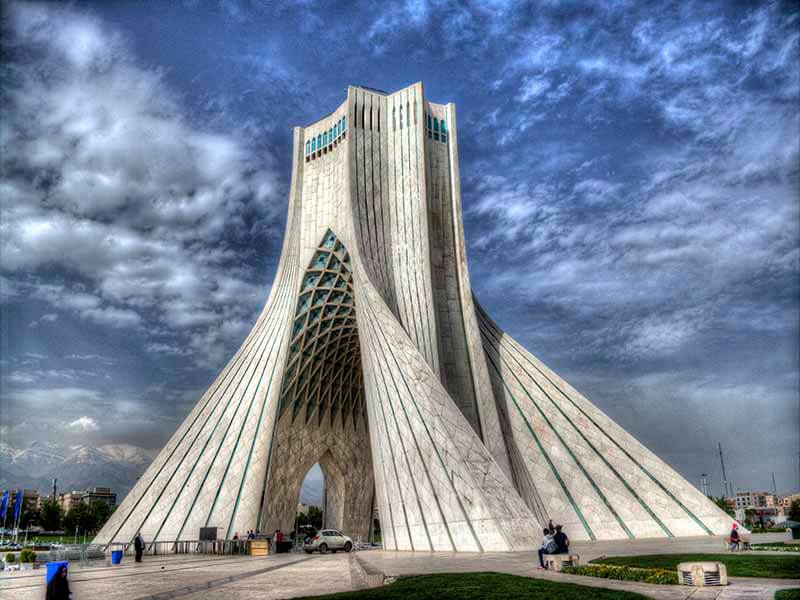Dr. Amirali R. Davoudpour
Dr. Amirali R. Davoudpour is the Secretary of the Law and Healing Association and a member of the International Bar Association of Iranian Jurists.
As we commemorate the 40th anniversary of the Sacred Defense, it is essential to revisit the questions surrounding the Iran-Iraq War, particularly regarding its causes, the delay in accepting international resolutions, and related topics. A key inquiry pertains to the slogans of that era: what elements did they encompass, and why did slogans like “War, War until Victory” and “The Path to Quds Passes through Karbala” emerge? Answers to these questions can be found in the book “Questions and Answers (Iran-Iraq War).”
The selection of wartime slogans depended on three factors: first, the foundations of the Islamic doctrine; second, the statements of Imam Khomeini as the leader and architect of the Islamic Revolution, which served as a mandate for his followers; and third, the political, social, and military conditions that the combatants faced. Therefore, the various circumstances of the war necessitated specific slogans.
For instance, the slogan “War, War until Victory” arose after the liberation of Khorramshahr in 1982. At that time, Iran was under immense international pressure to negotiate with Saddam without securing its rights and to halt the war. In this context, the people, especially the warriors on the battlefield, declared through this slogan that they would continue to resist and endure until they achieved their ultimate goal.
The Gaza Test: Bloodshed or Diplomacy?
Over a year has passed since the onset of the Israeli genocide in Gaza. Following World War II and influenced by the Holocaust, “revenge” became one of the most significant themes in Jewish thought, literature, and politics. Israeli paramilitary groups devised various plans for vengeance against the Nazis, which included poisoning the water supply of German cities and other such proposals. However, as Jewish author and researcher Shakar Pinsker notes, this desire for revenge underwent a historical transformation and was projected onto the Palestinian Arabs, who had been displaced by Israelis.
Given the hermeneutic interpretation of all manifestations of conflict with God in Gaza, a profound question confronts the current leaders of the Islamic Republic and Muslims: if Khorramshahr (the “bloody city”) was liberated by God, why can He not assist the current leaders of the Islamic Republic in liberating the true bloody city, Gaza? Without divine support, Gaza will not be liberated, and the Islamic Republic will struggle to address historical and religious inquiries, including the leadership of Ayatollah Khamenei and divine assistance in battling the great evil (the “Great Satan”).
This struggle is not only a military confrontation but also a divine and ideological battle. Jewish sources present varying and sometimes contradictory views on vengeance (nekama). Many biblical texts do not permit revenge by humans, except for the case against the Amalekites, who were considered the enemies of the Israelites according to scripture. In post-biblical texts, vengeance appears as a divine promise, and the salvation of the Jewish people is contingent upon God’s retribution against their enemies. This version of nekama can be seen as an eschatological prophecy. The only original example of vengeance in the Torah, reminiscent of the revenge stories in ancient Greek literature, is the story of Samson in the Book of Judges, who rises for vengeance against the Philistines in ancient Gaza. It is no surprise that some pop songs about revenge reference the story of Samson. The current genocide in Gaza is not only geopolitically significant but is also deeply intertwined with the theological norms of post-biblical Jews, prioritizing revenge against the Amalekites over that against the Nazis, leading the current Israeli government to commit war crimes without fear of international retribution.
The Israeli government has effectively categorized Muslims as Amalekites, arguing that vengeance against them is more justified than against those who perpetrated the greatest genocide against Jews, fully embracing historical accusations such as blood libel, child murder, and the killing of the son of God in their struggle against the aforementioned Amalekites.
War or Diplomacy?
It seems that answering this question is not straightforward without pursuing a universal and eternal response. Such an answer would require extensive writing, but briefly, a diplomacy that makes the devil regret and brings us closer to a diplomatic stance where war and diplomacy do not differ significantly is preferable. The bloody city must be liberated.
Direct translation from Persian article:https://www.azadinews.net/2024/10/27/%d8%ac%d9%86%da%af-%d8%ac%d9%86%da%af-%d8%aa%d8%a7-%d9%be%db%8c%d8%b1%d9%88%d8%b2%db%8c-%db%8c%d8%a7-%d8%af%db%8c%d9%be%d9%84%d9%85%d8%a7%d8%b3%db%8c/

